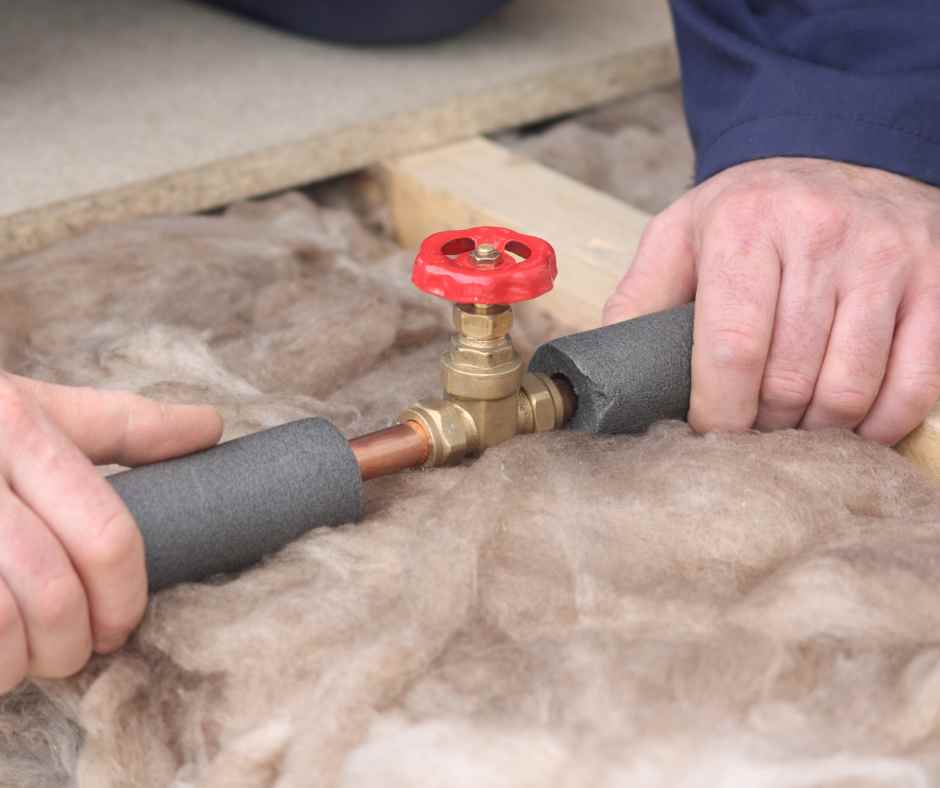& Nassau County
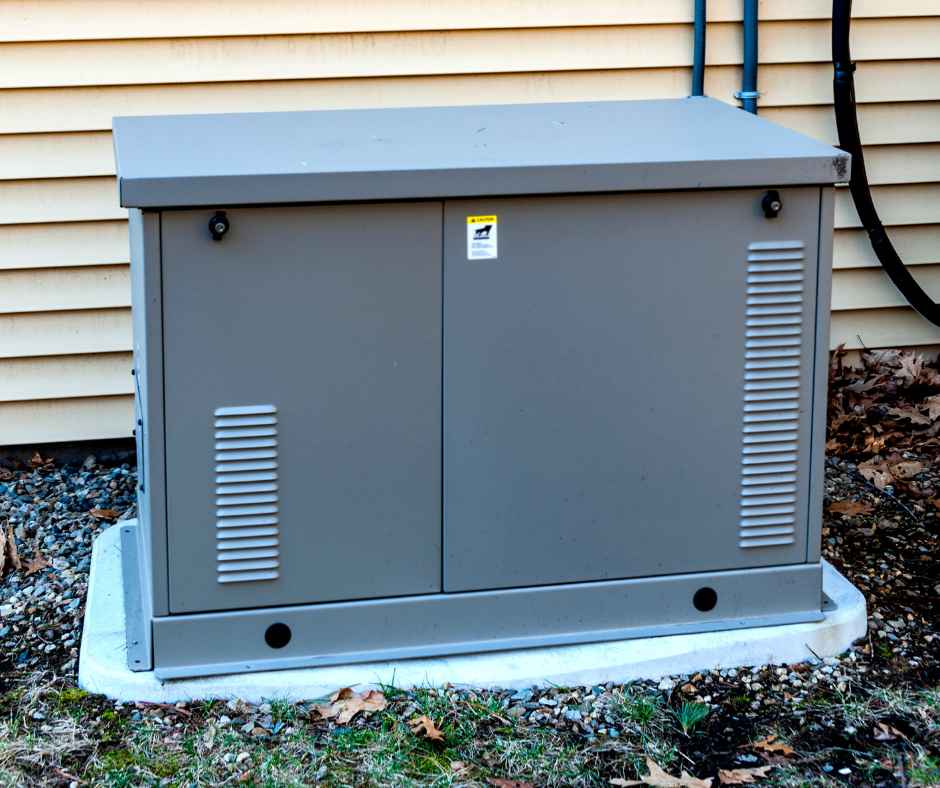
What Size Generator Do I Need?
November 15, 2024
When a power outage strikes, having a reliable generator can keep your home running smoothly. But if you’re asking, “What size generator do I need?” the answer depends on several factors, including your home’s size, power requirements, and personal preferences. Whether you’re considering a portable generator or a whole-house generator, making the right choice is essential for maintaining comfort during an outage.
In this blog, we’ll guide you through the process of determining the right generator size for your home, discuss the importance of proper whole house generator sizing, and explain how NH Ross can help with expert installation services.
What Does Generator Size Mean?
When determining what size generator you need for your house, it’s important to understand that generator size refers to its power output, measured in watts. A generator’s wattage determines how many appliances and systems it can power simultaneously. To avoid overloading your generator, it’s crucial to choose one that provides enough wattage to meet your home’s needs during an outage.
How to Calculate the Right Generator Size
List Your Essential Appliances
Start by making a list of the essential appliances you’ll need to power during an outage. These may include:
- Refrigerator
- Air conditioning or heating systems
- Lights
- Sump pump
- Water heater
- Medical equipment
- Home security systems
Determine the Starting and Running Wattage
Each appliance requires two types of wattage:
- Starting wattage: The initial surge of power needed to start the appliance.
- Running wattage: The continuous power required to keep the appliance running.
Most appliances will list their wattage on the product label or manual. Once you have this information, add up the wattages for all the essential appliances to determine your home’s total power requirements.
Consider Future Need
If you’re planning to expand your home or install additional appliances, factor these into your calculations. Choosing a generator with slightly more capacity than you currently need ensures you’ll be prepared for future changes.
Whole House Generator Sizing: Finding the Right Fit
A whole-house generator is designed to power your entire home, providing uninterrupted electricity during extended outages. However, the size of the generator needed for whole-house coverage depends on your home’s square footage, the number of appliances, and your power consumption.
Here’s a general guide to whole-house generator sizing based on home size:
- Small Homes (1,000-2,000 sq. ft.): A 7,000-10,000 watt generator should be sufficient to power essential systems and appliances.
- Medium Homes (2,000-3,000 sq. ft.): A 10,000-15,000 watt generator can handle the power demands of a larger home, including HVAC systems, kitchen appliances, and more.
- Large Homes (3,000+ sq. ft.): For larger homes, a generator with 15,000-20,000 watts or more may be necessary to provide full coverage.
What Size Generator Do I Need for My House?
When asking what size generator you need for your house, it’s crucial to consider your home’s unique needs. While smaller homes may only require a portable generator, larger homes often benefit from a whole-home generator that can handle the power demands of all appliances and systems.
Choosing the right size ensures that your generator runs efficiently and doesn’t become overloaded. An undersized generator can lead to frequent outages or damage to your appliances, while an oversized generator may result in unnecessary fuel consumption.
Additional Factors to Consider
Fuel Type
Whole house generators typically run on natural gas, propane, or diesel. Natural gas is often the most convenient option, as it connects directly to your home’s gas line. When choosing a generator, consider fuel availability and consumption rates to ensure your system is both practical and efficient.
Transfer Switch
A transfer switch is a crucial component of any generator system. It automatically transfers power from the grid to your generator during an outage, ensuring a seamless switch without the need for manual intervention.
Installation and Maintenance
Proper installation is key to ensuring your generator functions correctly during an emergency. NH Ross offers professional generator installation services to ensure your system is safely and efficiently integrated into your home. Additionally, regular maintenance is essential for keeping your generator in top condition, especially if it sits unused for extended periods.
Benefits of a Whole House Generator
- Automatic Power Supply: A whole-house generator will automatically detect power outages and restore electricity within seconds, ensuring your home remains functional.
- Peace of Mind: With a properly sized generator, you won’t have to worry about losing power during a storm or emergency.
- Increased Home Value: Installing a whole home generator can increase your property’s value, making it a smart investment for the future.
Trust NH Ross for Generator Installation
Choosing the right size generator is essential for maintaining comfort and safety during a power outage. Whether you need a small portable unit or a large whole-house generator, NH Ross can help you select the best option for your home’s needs. Our expert team is here to provide professional installation, ensuring your generator is set up to run efficiently and reliably.
Contact NH Ross today to learn more about generator installation on Long Island and find the perfect generator to keep your home powered when you need it most.
Recent News
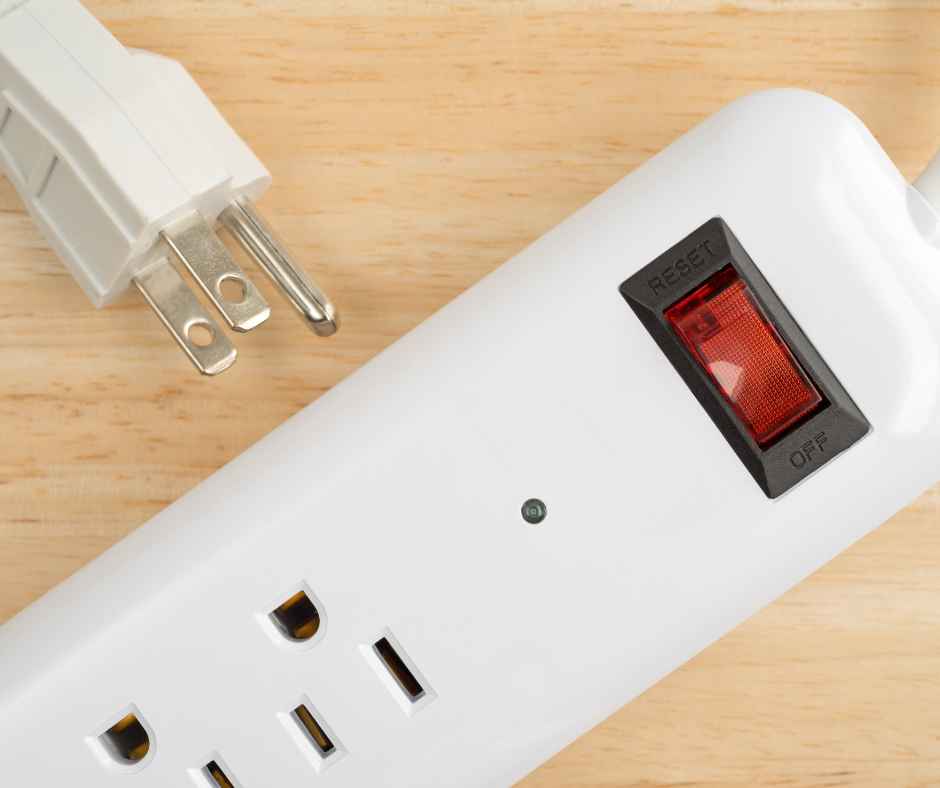
What Is a Power Surge?
March 11, 2025
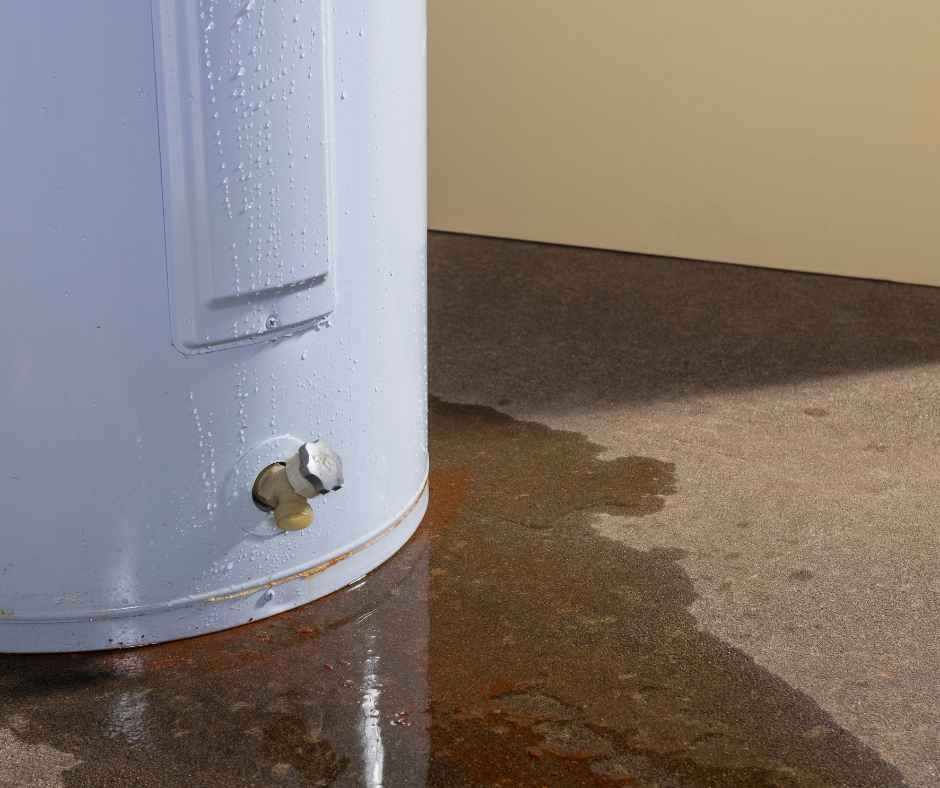
Is a Leaking Water Heater Dangerous?
February 14, 2025

Bright Ideas: Electrical Safety Tips for a Safe Holiday Season
December 10, 2024
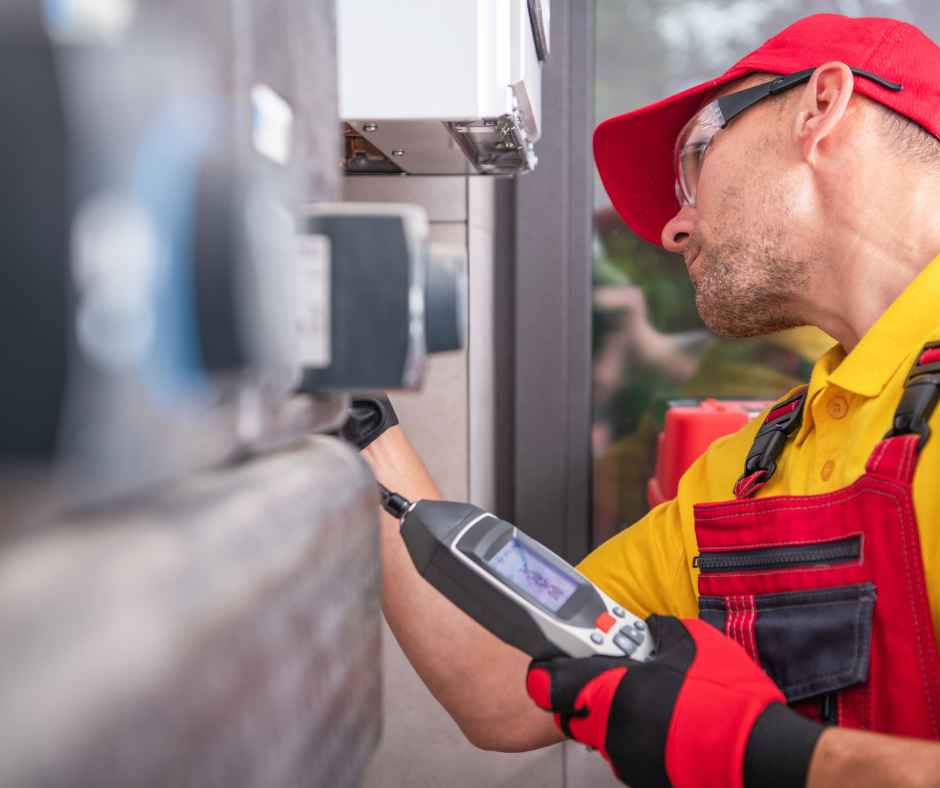
What Does a Gas Leak Smell Like?
December 9, 2024
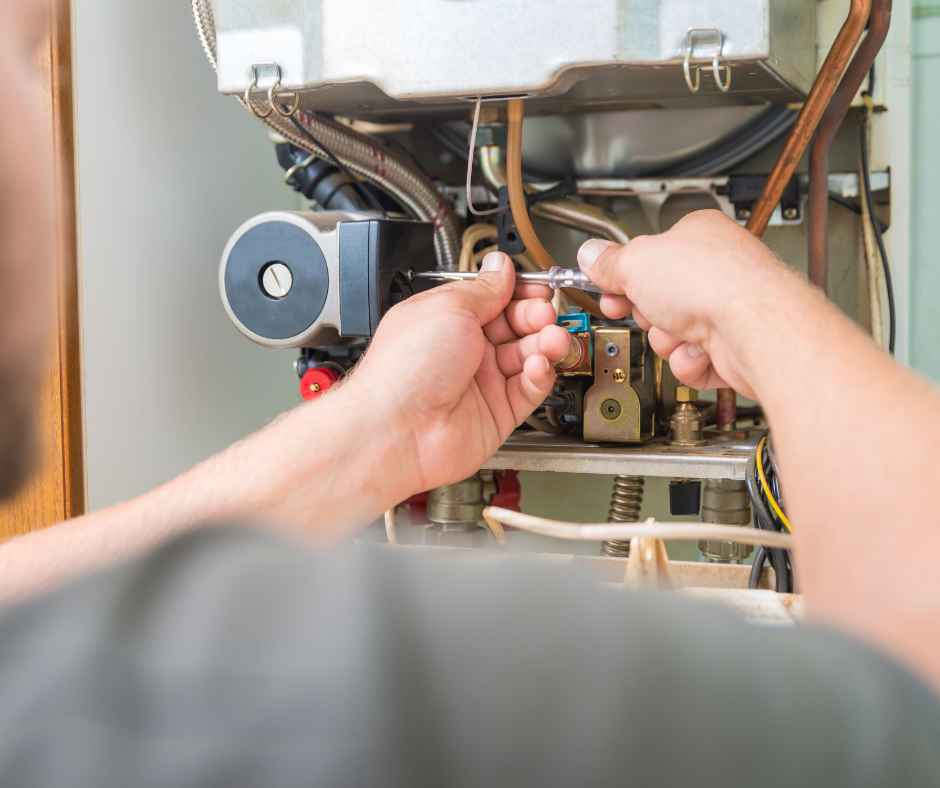
Cut Energy Costs This Holiday Season With These 5 Tips
December 3, 2024
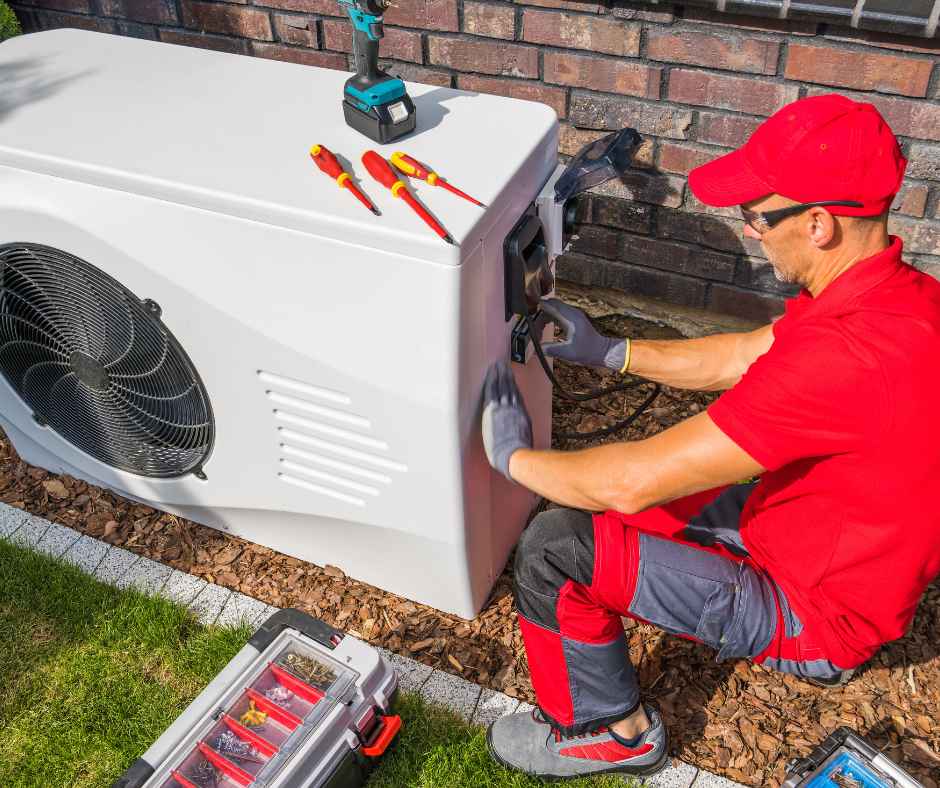
Why Heating Maintenance is a Must Before the First Frost
November 22, 2024
